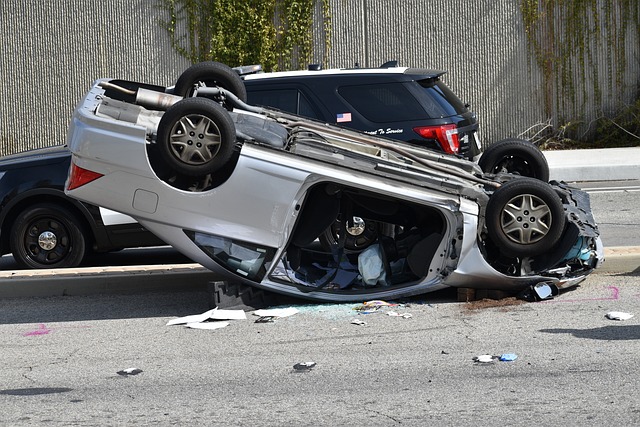How to Deal with the Aftermath of a Car Accident
According to recent data, motor vehicle crashes remain a leading cause of injury and death on U.S. roads. In 2022, there were approximately 5.2 million crash-related injuries, with another 46,027 people losing their lives in collisions. To put this in perspective, while the odds of dying in an auto accident (1 in 93) are lower than from an opioid overdose (1 in 55) or many diseases (1 in 6), they are still much higher than the risk of drowning (1 in 1,103) or being attacked by a dog (1 in 43,882).
Even if you are fortunate to escape a collision without major injuries, dealing with the aftermath can be incredibly difficult and disruptive. A car accident, no matter how minor, can be traumatic and require significant recovery time. Here are some tips on what to do following an auto accident to take care of yourself, handle insurance claims, and begin the process of moving forward:
At the Scene
Move to a safe location if possible and turn on your hazard lights to alert other drivers. Avoid walking in traffic. Call 911 to report the accident if anyone is injured, the damage appears significant, or the vehicles are blocking traffic. Exchange insurance, name, phone number, driver’s license, license plate and vehicle information with the other driver(s) involved. Get their insurance details as well. Take photos of the accident scene, damage to vehicles, injured parties, and the position of cars from different angles as evidence. Get the contact information of any witnesses who saw what happened. Their accounts could help determine fault later.
If you don’t feel safe remaining at the scene, ask the police if you can go to the nearest police station to file the report.
Medical Care
Seek medical attention. Symptoms from whiplash, concussions, and other problems sometimes appear later. Get checked by your doctor to document your injuries. 12,500 spinal cord injuries each year are caused by car accidents.
Having medical records will help if you need to file an insurance claim later. Describe all your symptoms and pains to the doctor in detail. Mention if the accident aggravated any pre-existing conditions.
Follow your doctor’s treatment plan and note all accident-related expenses and appointments. Save all receipts.
Insurance Claims
Call your insurance provider to start a claim. Provide details of the accident and get a claim number. Determine if the other driver was insured and whether their insurer accepts liability for the accident. Keep a diary noting how the injuries affect your daily activities. This will quantify pain and suffering claims. Save copies of all paperwork, medical reports, and correspondence with insurers in one file.
Bill Winters, a car accident lawyer in Tampa, FL, suggests consulting an attorney experienced in car insurance claims. A will help you deal with insurance companies and protect your rights. Insurance companies are not on your side – their aim is to save money.
Police Report
Obtain the police report number at the scene. Call the police department to get the official report later. Review the police report for accuracy, especially regarding fault determination and details of the damage and injuries. Notify the police department immediately if you find any errors or omissions in the police report and submit corrections.
Recovery Process
Take time to heal physically and emotionally. Seek counseling if you experience anxiety, flashbacks or fear of driving after the accident – 2 million Americans suffer from PTSD after a bad car accident. Address financial losses through insurance payouts and consider pursuing legal action if you incur major uncompensated damages.
Avoid social media posts about the accident that could harm your insurance claim or any pending legal action.
Be patient through the recovery process. With the right help and support, you can overcome the aftermath of the accident.



